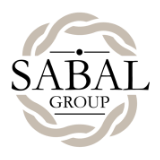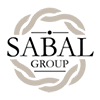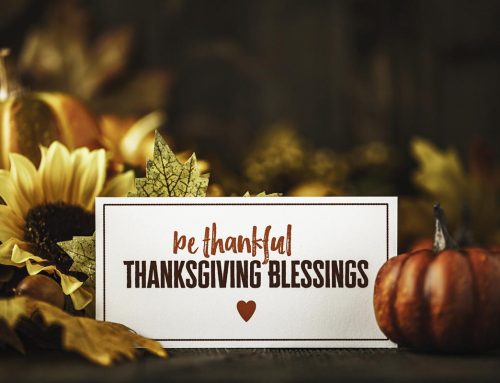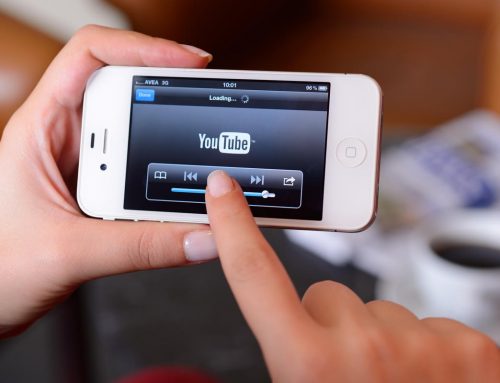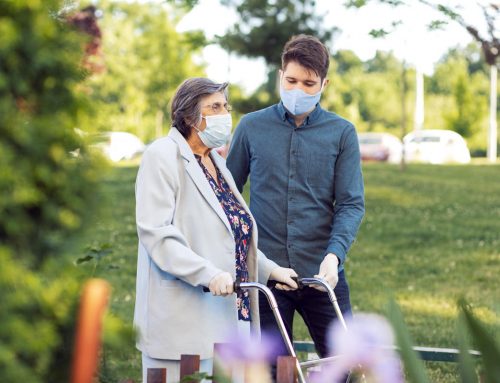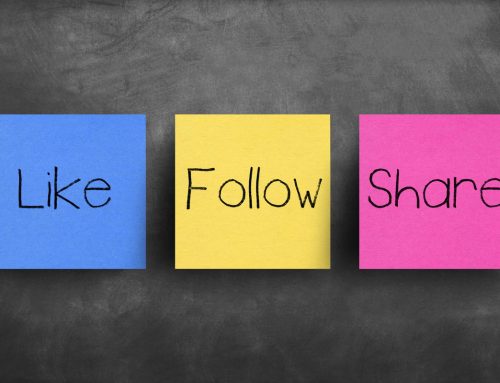Pivot. Merriam-Webster defines pivot as a “central point, pin, or shaft on which a mechanism turns or oscillates.” But the word also describes human action as we turn from one direction to another. Business pundits describe it as the moment when excuses become action or the shift to Plan B.
Pivot. It’s a word, a concept. And it keeps running through my mind.
Pivot. It’s an active choice. It’s a conscious choice. It’s an idea I have been stressing to my clients.
In marketing, campaigns need to be tracked, measured, and evaluated. Future steps depend on a solid return or developing a new strategy. This requires an investment in time, thought, and resources. But when your carefully considered plans are upended because of a global pandemic, the usual becomes unusual and a new normal begins. Like it or not, we’ve all been forced to pivot.
Change is Hard
Change is a challenge for humans. Even when we recognize the benefits of change, we’re hesitant to take the necessary steps. Why? Researchers tell us we resist change because:
- We focus on the negative aspects of the change
- We believe we must change everything all at once
- We recall previous attempts that ended badly or were poorly managed
- We believe we will lose something as a result of the change
- We don’t believe the new way will benefit us
Let’s face it, we all know we should exercise, eat a healthy diet, and get enough sleep. It’s not a secret. And yet. The majority of us fail to do these three things as part of our daily lives, whether we’re sheltering in place or free as a bird. We know we should, but we don’t do it. Why? Because change is hard. It’s easier to keep on doing what we’re doing, even when we know better.
Adapt or Die
Evolution gifted humans with a valuable skill: adaptability. In a changing environment, the ability to adjust meant we could survive whatever Mother Nature threw at us. Winter blizzards? Check. Scorching summer temperatures? Check. Carnivorous prey faster than us? Check. We made our homes on top of mountains and along the shores of the ocean. We learned to thrive in the arctic and the deserts. Humans adapted. But now that we’re civilized, adaptability has become a less common trait.
In the business world, adaptability can be the difference between success and becoming obsolete. Eastman Kodak was the giant in photography for decades. When was the last time you used film to take a photo? In 1928, IBM’s punch cards were the industry standard. When did your computer last require one? DuPont was founded in 1802 as a gunpowder mill. Today, after a merger with Dow Chemical Company, it is the world’s largest chemical company. Each of these corporate giants pivoted at a crucial moment. They adapted to thrive, not just survive.
Global is Local
The pandemic has underscored how interconnected our world has become. Businesses from senior living to higher education are learning firsthand what mom-and-pop shops face in our digital world. Global is the new local. And without a strong and relevant digital connection, you will be as irrelevant as those unused rolls of film or punch cards.
My clients have responded to the current situation in one of two ways. Some choose to continue following their tried-and-true pre-pandemic strategy. Others pivot to find new ways to achieve their goals. The latter are the brands that accept reality and understand the need to adapt their marketing strategies. They’ve turned to virtual meetings, webinars, and Facebook Live. But it’s not just about new ways of sharing information.
Agile brands rely on targeted lead generation to reach the right audience with fresh email and direct mail campaigns. They leverage accurate lists of prospects that most closely match current residents to provide useful information and direct their attention to online events or Zoom sessions. Their mission hasn’t changed, but their message has pivoted to address our new realities. For example, RiverWoods Group senior living communities effectively use video to reach their audience on Facebook. Every Wednesday they host a movement video to encourage their audience to stay active. But they’re doing more than hosting dance parties. A recent 15-minute video on downsizing garnered 14,000+ views.
The New Normal
Sooner or later, things will shift back into more familiar patterns. As the ads say, we’ll be back to hugging one another, sitting next to one another, and marketing like we did before all this began. But although it might look like the old normal, it won’t be. We’ve learned new lessons about the power of pivoting and being adaptable. If you’d like to know more about what Sabal Group can do to help your team pivot, I hope you’ll reach out to me. Your future residents are waiting for you to take that first step.
